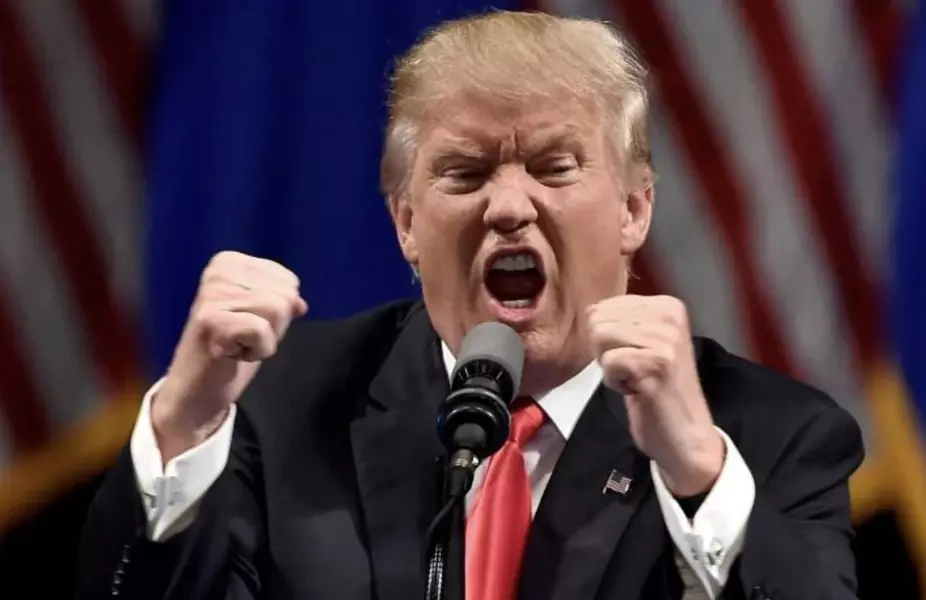Sensex crashes 1,000 points; is Trump pushing FIIs to exit India? Report
Sensex Crashes 1,000 Points: Is Trump's 'America First' Policy Pushing FIIs to Exit India?

The Indian stock market took a hard hit, with the Sensex plunging over 1,000 points and the Nifty50 dropping below 23,100. The total market capitalization of BSE-listed companies shrank by a massive Rs 9.3 lakh crore. But what’s causing this turmoil? A major factor appears to be U.S. President Donald Trump’s aggressive trade policies.
Trump’s Tariffs and Their Global Impact
President Trump has been imposing tariffs on steel and aluminum imports, initially targeting China, Canada, and Mexico. Now, he plans to introduce reciprocal tariffs on other nations. So far, India has managed to avoid direct tariffs, but the ripple effect is already shaking the markets.
Foreign institutional investors (FIIs) have been pulling out of Indian equities at a rapid pace, accelerating a trend that began with Trump's election. The strengthening U.S. dollar, high bond yields, and India's stretched stock valuations have further fueled this exodus.
The 'Quit India' Movement by FIIs?
Market experts believe Trump's "America First" policy has triggered a "quit emerging markets" movement. FIIs are shifting their investments back to the U.S., where rising interest rates and strong returns make American markets more attractive.
Nilesh Shah of Kotak Mutual Fund explains, "We saw a large private equity fund meeting Trump and committing to bring in $500 billion instead of the originally planned $100 billion. Clearly, capital is being redirected to the U.S. due to high bond yields and favorable policies."
Ignoring Domestic Positives
Despite Finance Minister Nirmala Sitharaman announcing a Rs 1 lakh crore boost through income tax cuts and the RBI’s first interest rate cut in five years, FIIs remain unfazed. Delhi election results and other local economic developments have also failed to halt their exit.
Data from NSDL shows that FIIs have sold nearly $10 billion worth of Indian equities so far this year. Compared to other emerging markets, India has been hit hardest, with outflows of 0.2% of market cap in just one month.
Can PM Modi’s U.S. Visit Calm the Storm?
As Prime Minister Narendra Modi prepares for his upcoming visit to the U.S., trade discussions with Trump could be crucial. India is considering reducing tariffs in several sectors, including electronics, medical equipment, and chemicals, to boost U.S. exports and maintain trade ties. There’s even talk of a “mini trade deal” to prevent tensions from escalating into a full-blown trade war.
Investment Strategies Amidst Market Volatility
With continued uncertainty, financial experts suggest diversifying investments. Gold ETFs, for example, have delivered over 9% returns in the past month. Additionally, a bottom-up approach—selecting individual stocks rather than investing in broad market indices—could be more effective at this time.
Joseph Thomas of Emkay Wealth Management advises, "With significant corrections in the market, this is an opportune time for investors to enter with a medium to long-term perspective."
The Road Ahead
While a trade deal between India and the U.S. could bring temporary relief, the larger trend of FII exits due to America's attractive investment environment may persist. For now, investors must brace for continued volatility and adopt a well-balanced investment strategy to navigate these uncertain times.

